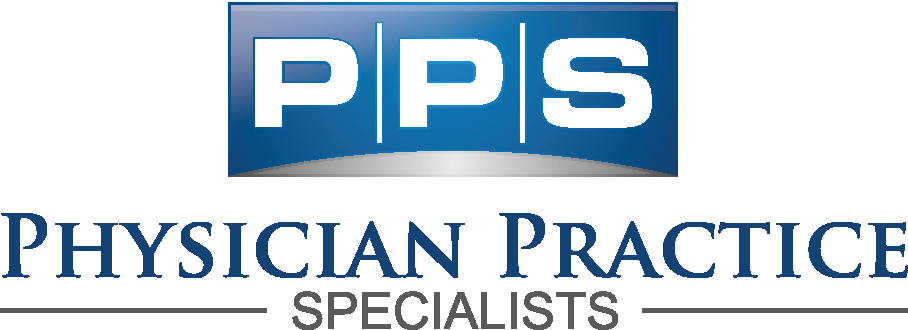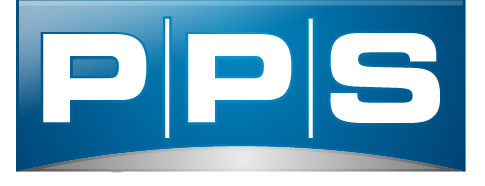An optimized and efficient revenue cycle in the healthcare industry can lead to more financial success and stability. Credentialing, or verifying healthcare providers’ qualifications, can significantly affect revenue cycle management. Many healthcare providers do not feel they have the time or resources to manage credentialing, which is where credentialing companies like Physician Practice Specialists can help. Here is how proper credentialing can positively impact your revenue cycle:
Receive Reimbursement on Time
Payers and insurance companies require healthcare providers to be credentialed before they will reimburse them for their services. The reimbursement may be delayed or denied if a provider tries to bill for services but has not been credentialed. This can lead to payment delays or a complete loss of revenue. You can prevent this by maintaining up-to-date credentials and making sure that any new provider hired by your practice completes the credentialing process. This can help you minimize reimbursement delays and optimize your whole revenue cycle.
Credentialing also helps reduce errors and other interruptions that could cause payment delays. The process involves collecting and managing accurate provider data. When it comes time to bill for a provider’s services, you can have all the information needed for insurance verification and claims processing close by. An effective credentialing process can help reduce billing errors and improve data accuracy to optimize the revenue cycle workflow and help prevent delayed payments.
Remain Compliant
Many regulatory and compliance standards exist in the healthcare industry and must be met by providers. Hiring providers not certified to provide patient services can lead to penalties and audits for your practice. It can also hurt your reputation by signaling to current and future patients that you may not take their safety and care seriously. You can demonstrate your commitment to patients and compliance by maintaining a staff of adequately credentialed healthcare providers. This reduces your risk of regulatory and legal problems and protects your revenue stream.
Maintain Patient Trust
The point of credentialing is to verify a provider’s legitimacy. This includes their qualifications, certifications, licenses, and overall professional background. It helps make sure that a provider can deliver safe, legal, and effective patient care. For these reasons, making sure that all providers within a practice are credentialed can help instill trust in patients. It can help your current patients feel more secure when they receive care at your practice. This improved trust can also lead to more new patients and improved revenue generation.
Enroll With More Insurance Networks
Managing your credentialing process can help you enroll with more insurance networks and expand your patient base. Credentialing with multiple insurance networks can lead to more revenue opportunities because more patients will be able to receive covered treatment. Without proper credentialing, you may only be able to accept a limited number of insurance plans, limiting the number of patients you can see. Staying on top of credentialing requirements and enrolling in multiple networks can help you become more accessible and generate more revenue.
Credentialing can also affect your negotiations with payers and insurance companies. Before you enter into a contractual agreement with an insurer, they usually require that you be credentialed. If you are credentialed, you can sometimes negotiate more favorable reimbursement terms and rates. Handling your credentialing properly can help you secure better contracts and make more money when you provide healthcare services.
Improve Time Management
When you have an effective credentialing process, you can save time by not having to make appeals with insurance companies and resubmit claims. You can also save time by hiring credentialing companies because they allow your administration to work on other pressing tasks. With the help of a credentialing company, you can avoid having to take care of credentialing yourself as a provider. Whether or not you hire a credentialing company, creating an effective credentialing process is a helpful time management strategy.
Adapt With Changing Requirements
The healthcare industry and its regulations are constantly changing. The industry may call for different credentialing requirements as patient care quality standards and payer conditions change. An effective credentialing process can help make sure your organization remains adaptable and compliant through these changes. Staying updated with these regulations and managing your credentialing can help you avoid disruptions to your revenue cycle. It can also help you remain competitive in an industry that requires adaptability.
Credentialing Companies Like Physician Practice Specialists Can Improve Your Credentialing Process
Medical credentialing can be a time-consuming and complex process. That’s why many healthcare organizations choose to partner with professional credentialing companies. If you want to improve your revenue cycle but don’t have the time or resources to handle your credentialing processes accurately, Physician Practice Specialists can help. We can help you and other providers in your organization become fully credentialed within 90-120 days. Contact us today to learn how we make the credentialing process as smooth as possible to help your practice remain compliant and make more money.


